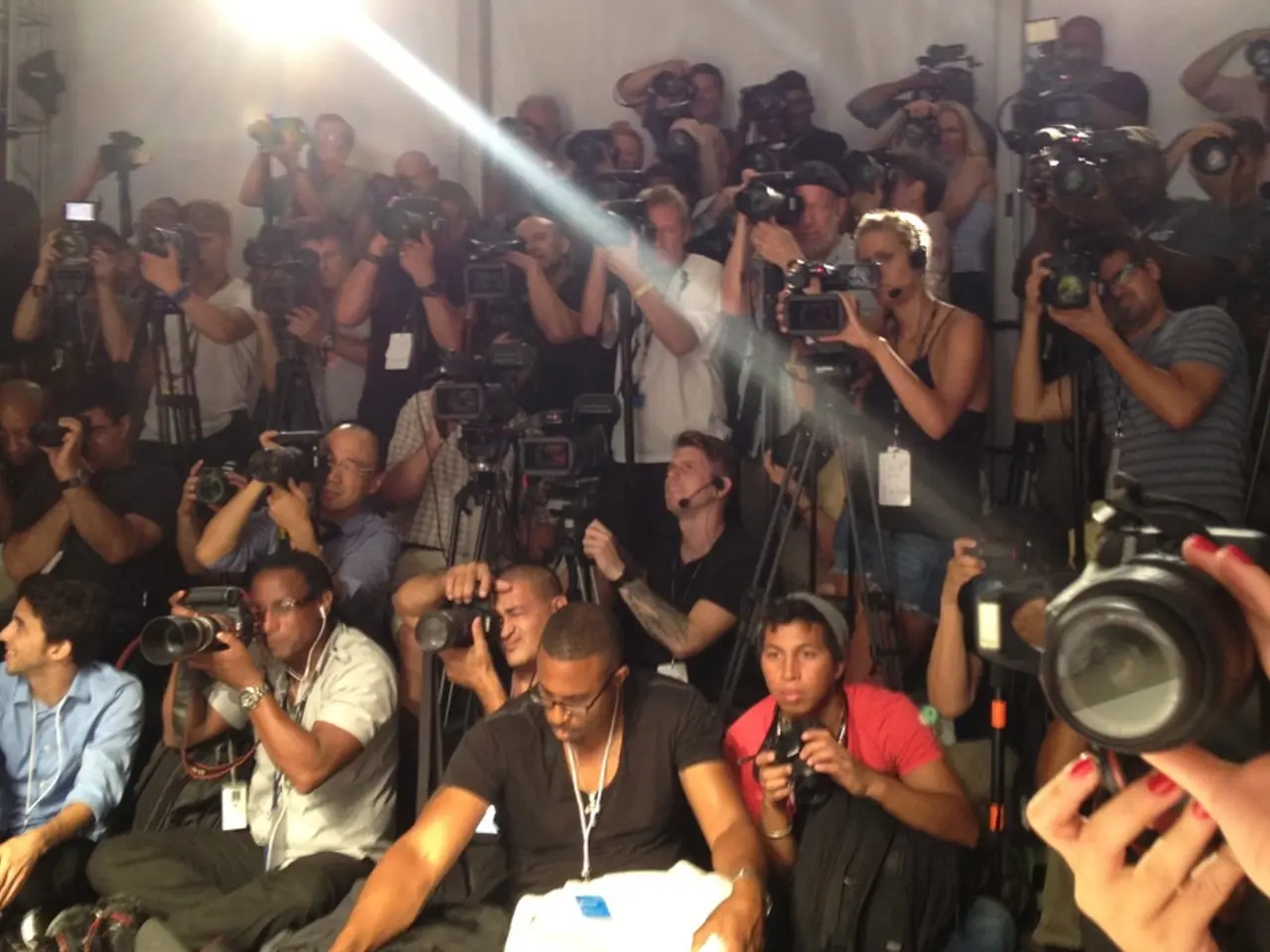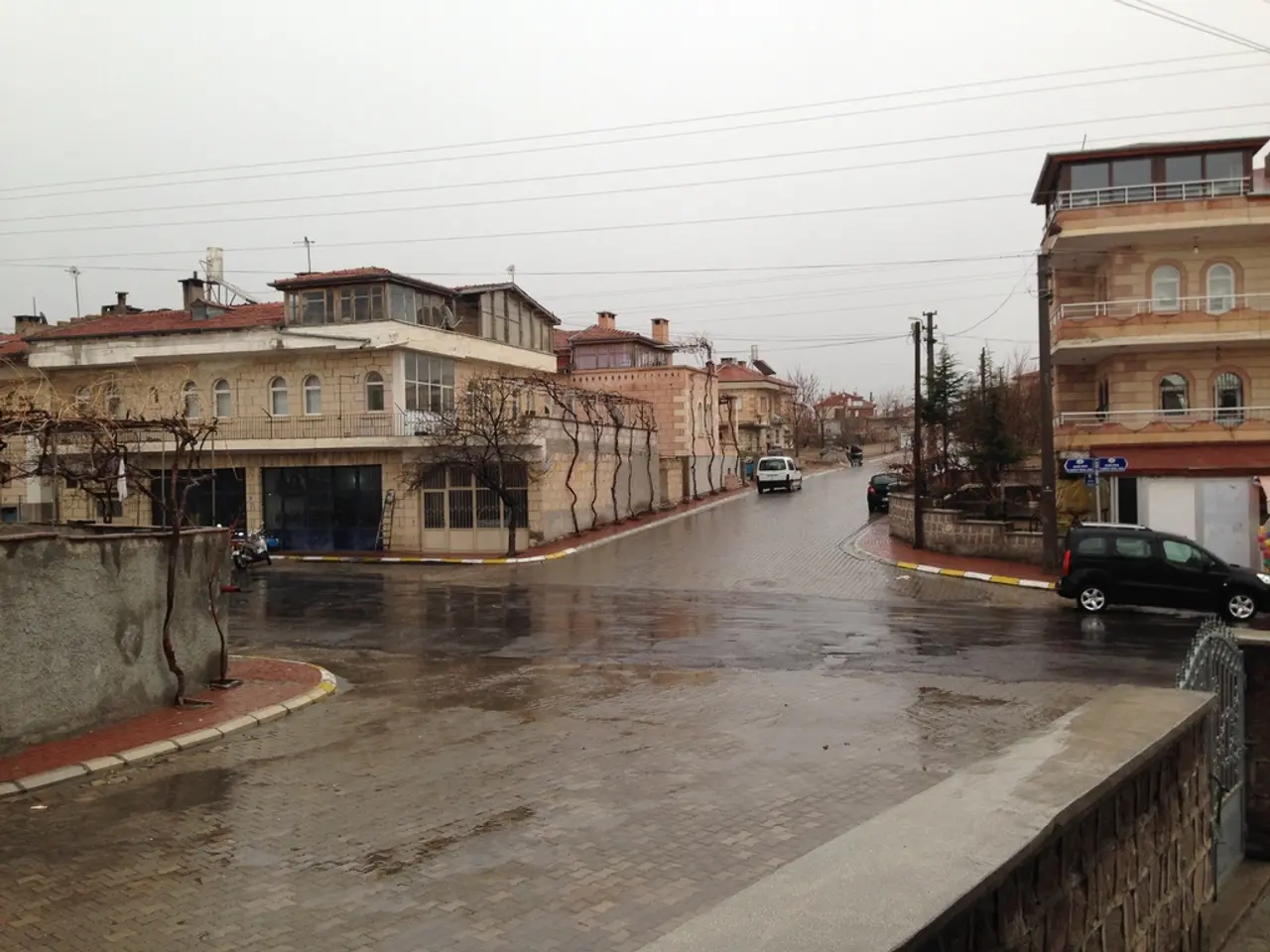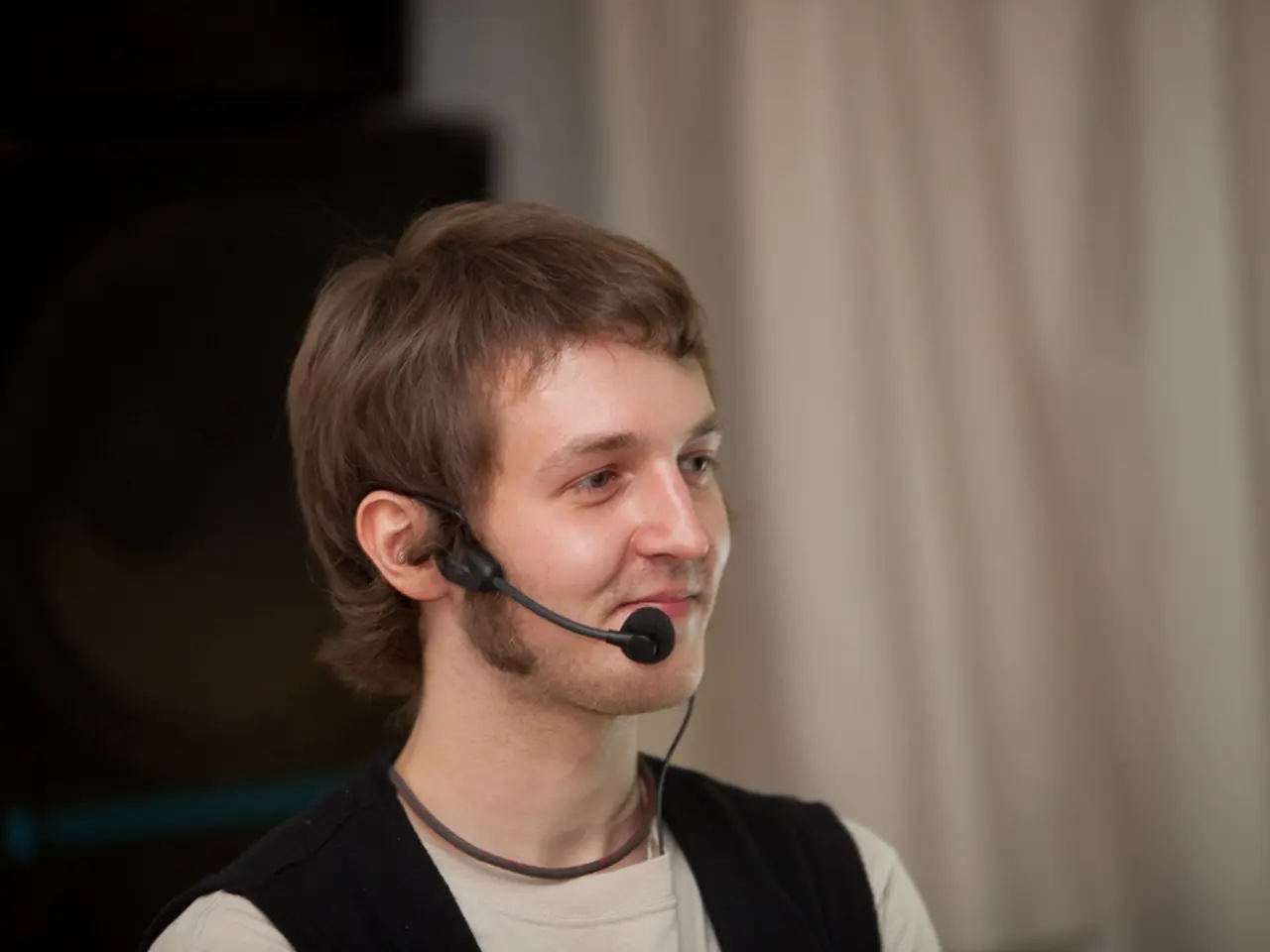International analyst predicts potential expansion of the nuclear club, potentially including Turkey, Saudi Arabia, and Indonesia.
In recent discussions, concerns have been raised about medium-developed countries potentially pursuing the development of nuclear weapons. These countries, while not yet part of the official "nuclear club," possess advanced technological, military, and industrial capabilities, and are under scrutiny due to their evolving capabilities and geopolitical shifts.
Konstantin Kosachev, a deputy speaker of the Federation Council, recently mentioned the false signal from Western states supporting Israel's actions against Iran as a reason for threshold countries to pursue creating their own "weapons of retaliation." This statement highlights the geopolitical tensions that could potentially drive these countries towards nuclear proliferation.
Among the likely candidates are countries with established nuclear energy or research programs, strong military infrastructure, and geopolitical incentives, as well as the capacity to develop or acquire the necessary technology and materials like enriched uranium or plutonium.
Iran, although not medium-developed in broad economic terms, is high on proliferation watchlists due to its advanced nuclear program and regional ambitions. While it does not currently have nuclear weapons officially, it has technology capable of weaponization. Saudi Arabia, with significant resources and regional ambitions, is another country that has been speculated to pursue nuclear weapons, though officially it denies such intent.
Turkey and Brazil, both with advanced scientific and military sectors and having engaged in nuclear research, are also potential candidates. However, they currently abide by nonproliferation norms. South Korea, with a developed economy and technological base, and sophisticated military capabilities, is another country of interest. However, it is currently protected under the U.S. nuclear umbrella and abides by the Non-Proliferation Treaty.
Japan, highly advanced technologically and economically, has a strong policy against nuclear weapons due to its historical experience and U.S. guarantees.
The current nuclear landscape is dominated by nine countries - the United States, Russia, China, France, the United Kingdom, India, Pakistan, Israel, and North Korea - which control around 12,000 warheads, with the U.S. and Russia controlling about 87% of the global stockpile. Countries beyond this core group have smaller arsenals but remain nuclear powers. No medium-developed country outside these is presently confirmed to have nuclear weapons.
However, ongoing modernizations and regional tensions could motivate states with sufficient capacity to pursue nuclear weapons in the future. For instance, Vladimir Shapovalov, a Russian political analyst, has warned that medium-developed countries such as Saudi Arabia, Turkey, Indonesia, and several African countries could potentially decide to develop nuclear weapons.
In a related development, Turkey's Akkuyu Nuclear Power Plant, expected to be completed in 2028, is projected to reduce natural gas imports by up to 7 billion cubic meters annually, providing approximately $2.5 billion in cost savings. This move towards nuclear energy could be seen as a strategic decision to reduce dependence on foreign energy sources, potentially freeing up resources for other purposes.
In conclusion, while no medium-developed countries currently possess nuclear weapons, those with advanced research, regional ambitions, or capable infrastructure (like Iran, Saudi Arabia, Turkey, Brazil, South Korea) are the most likely candidates to potentially pursue nuclear weapons in the future if geopolitical conditions change. It is crucial for international efforts to prevent nuclear proliferation to remain vigilant and proactive in these uncertain times.
- Konstantin Kosachev, a deputy speaker of the Federation Council, suggested that false signals from Western states supporting Israel's actions against Iran could incentivize threshold countries to develop their own "weapons of retaliation."
- Among the countries under scrutiny are those with established nuclear energy or research programs, strong military infrastructure, geopolitical incentives, and the capacity to develop or acquire needed technology and materials.
- Iran, although not medium-developed economically, is of concern due to its advanced nuclear program and regional ambitions, despite not officially possessing nuclear weapons.
- Saudi Arabia, with significant resources and regional ambitions, is another country that has been speculated to pursue nuclear weapons, even though it denies such intentions.
- Turkey and Brazil, both advanced in science and military sectors and experienced in nuclear research, are potential candidates for nuclear weapon development, but they currently abide by nonproliferation norms.
- South Korea, with a developed economy and technological base, sophisticated military capabilities, and aligned with the U.S. nuclear umbrella, is another country of interest but currently adheres to the Non-Proliferation Treaty.
- Japan, highly advanced technologically and economically, maintains a policy against nuclear weapons due to its historical experience and U.S. guarantees.
- Medium-developed countries such as Saudi Arabia, Turkey, Indonesia, and several African countries could potentially decide to develop nuclear weapons in the future, according to Vladimir Shapovalov, a Russian political analyst, due to ongoing modernizations and regional tensions.




